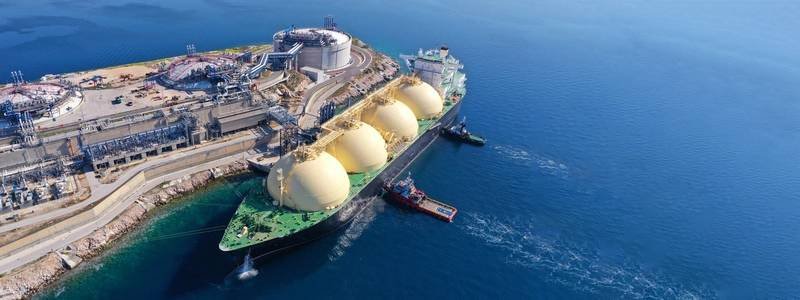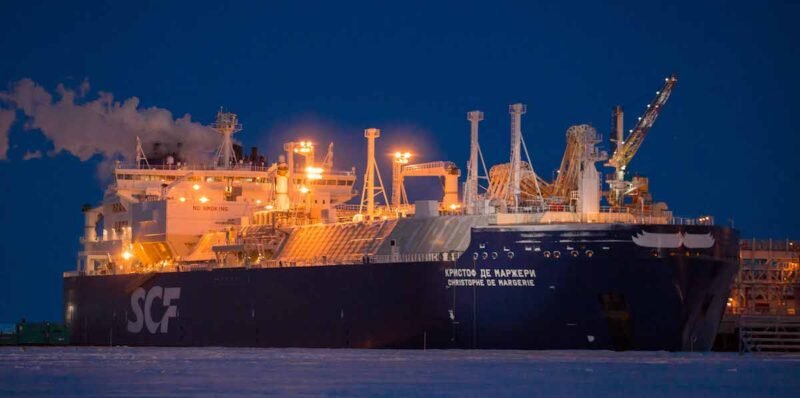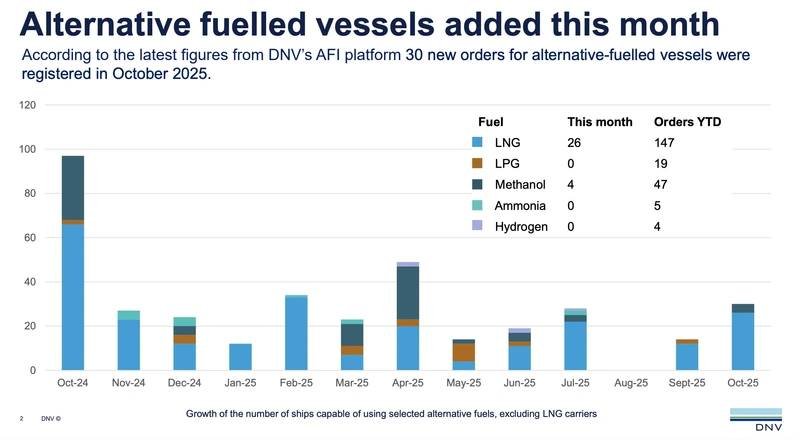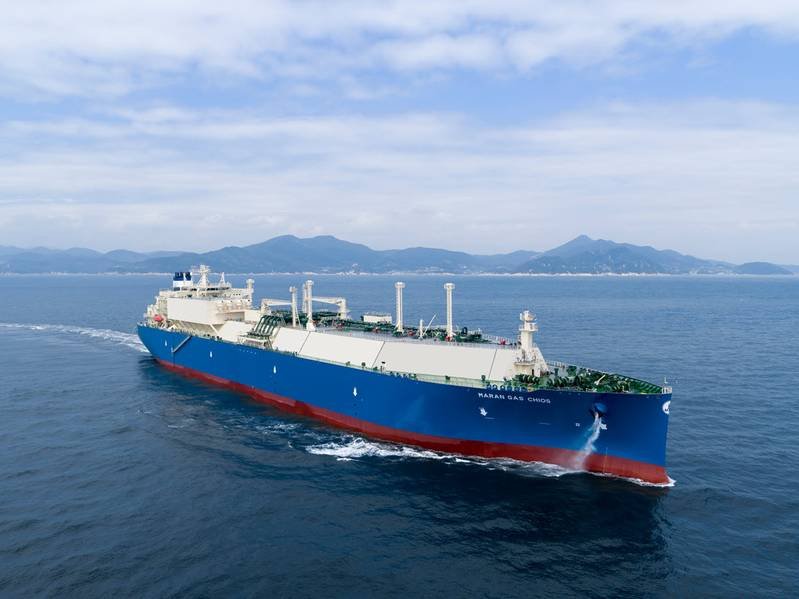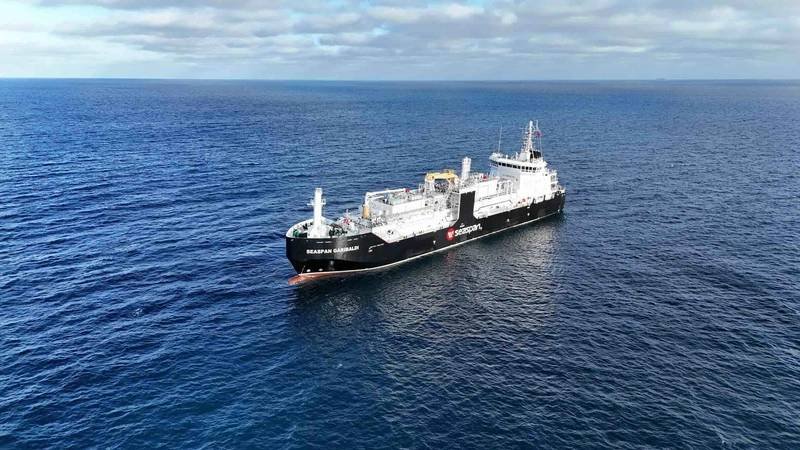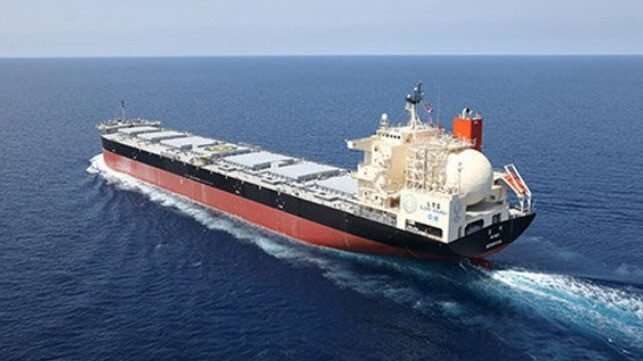The shipping industry is increasingly turning to liquefied natural gas (LNG) as a transitional fuel to meet the International Maritime Organisation’s (IMO) 2050 net-zero emissions target. However, the unintended release of unburned methane, known as methane slip, poses a significant environmental concern. Alternative fuel investments, including LNG, methanol, ammonia, LPG, and hydrogen, have been on the rise, partly due to uncertainty surrounding the availability and pricing of more sustainable future fuels. Methane, the primary component of LNG, has a potent greenhouse gas effect, making it crucial to address methane slip for effective maritime decarbonization efforts.
The surge in LNG adoption in the maritime industry offers environmental benefits such as lower CO2 emissions and reduced nitrogen oxides. However, the long-term viability of LNG as a marine fuel depends on effectively addressing methane slip, which undermines the environmental advantages of LNG. Wärtsilä, a leading marine engine manufacturer, has developed innovative solutions like the NextDF technology to minimize methane emissions by enhancing combustion efficiency. This not only helps meet regulatory standards but also enhances the economic viability of using LNG as a marine fuel.
In addition to LNG, the maritime industry is exploring the potential of Bio-LNG derived from sustainable biomass sources to further reduce its carbon footprint. Bio-LNG offers a drop-in solution compatible with existing LNG infrastructure and engines, allowing for a seamless transition to lower-carbon operations. The adoption of Bio-LNG is projected to grow, with estimates suggesting it could meet a significant portion of the shipping sector’s energy demand by 2030. The flexibility of LNG engines to switch to Bio-LNG without major modifications positions Bio-LNG as a critical component in the industry’s long-term decarbonization strategy.








